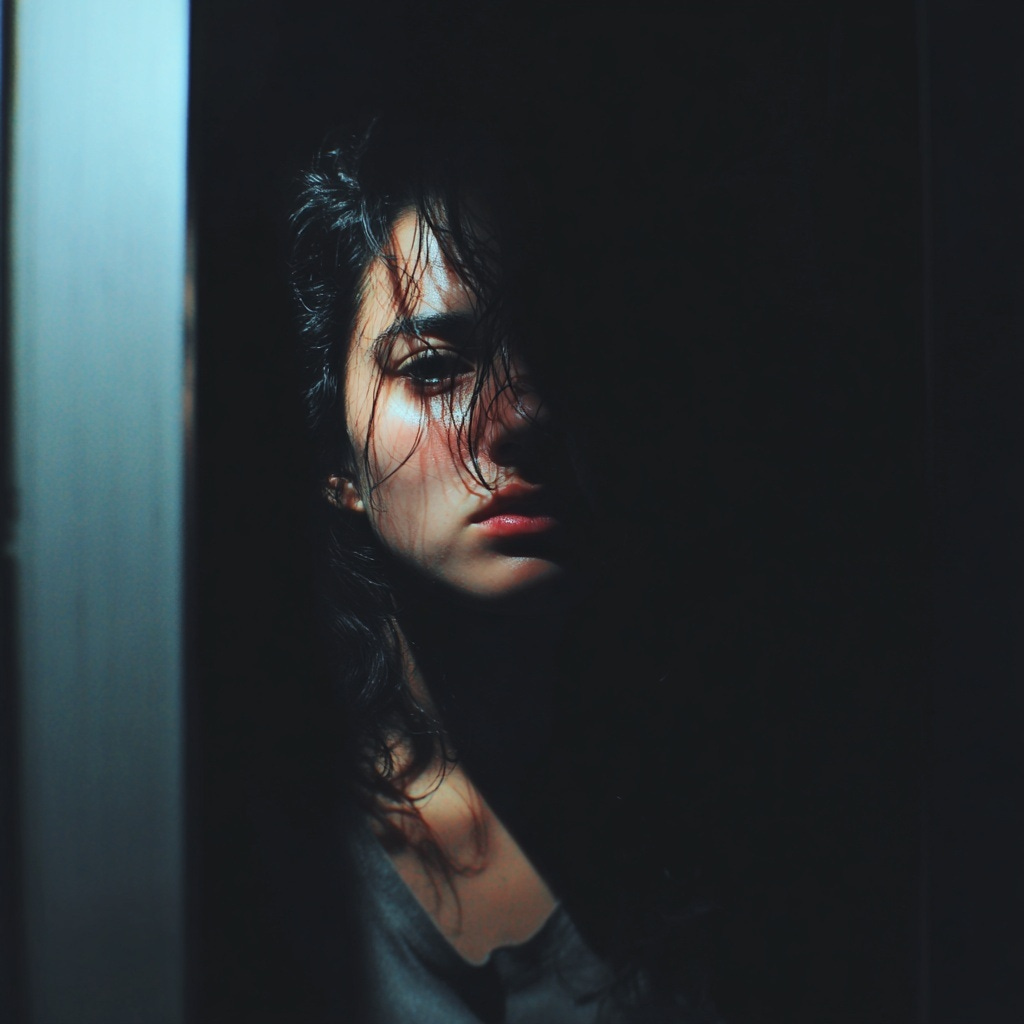The Price of Looking Away
In a society where real villains thrive unchallenged, silence becomes survival—and complicity. True change begins when we stop looking away, even quietly.
It’s strange what people can get used to.
At Motol Hospital, one of the most respected medical institutions in the country, the chief was widely known to accept bribes. He bought overpriced equipment not because it was better, but because it came with kickbacks. Everyone knew. No one said a word.
Not because they didn’t care. Because they had learned not to. Because they were building something—a career, a reputation, a sliver of stability—and they knew the cost of a misstep. In a society where challenging power can cost you everything, silence isn’t just survival. It becomes a virtue.
This is how cultures rot. Not in some explosive moment of collapse, but slowly, from the inside, as ordinary people learn to look away.
The Psychology of Sheep
There’s something bleakly mechanical about the way this dynamic plays out. The real villains—the corrupt, the violent, the liars—float untouched, sometimes even admired for their cleverness. Meanwhile, frustration flows downhill. Angry customers scream at cashiers. Minor officials are berated for trivial rules. It’s not justice. It’s displacement.
Why do people punch down? Because punching up is dangerous. Because in a warped system, survival instincts override moral ones. People know what’s happening. They just can’t afford to care out loud.
The result is a kind of moral suffocation. Not the fire of rebellion, but a cold, quiet airlessness where nobody breathes too deeply. You go numb. You tell yourself it’s not your problem.
Until it is.
The Culture That Ate Itself
This isn’t hypothetical. In one case, a former head of IBM in the country tried to go against the system. He was killed. That’s not apathy. That’s terror.
But the effect is the same. People retreat into their lives. They build small islands of ambition and try not to notice the ocean rising around them. And the more they avert their eyes from the storm, the more they become part of it.
What no one realizes is that every silence is a tiny reinforcement. A signal to the powerful that they’re safe. A signal to the weak that they’re alone.
It’s not just injustice. It’s contagious.
A Different Compass
I was lucky. I was brought up among Christians, in a grammar school led by nuns. We were taught that truth mattered—even when it hurt. That you don’t crush the weak, and that real strength was in standing up respectfully, not staying silent.
It wasn’t loud moralizing. It was subtle. A kind of inner compass you learned to check, even when no one was watching. Especially then.
And what that compass taught me is simple: a society can’t function if it only punishes the powerless. It can limp along for a while. But eventually it breaks.
What Should Be Normal
What should be normal is confronting evil without cruelty. Saying no to the dishonest, not with screaming, but with firmness and clarity. Helping those who need it, not because we’re saints, but because we remember what it’s like to need help.
Most people think they’re powerless. But that’s not true. Power isn’t always about overthrowing governments or exposing conspiracies. Sometimes it’s just about refusing to laugh at the corrupt joke. About not joining the crowd jeering at the weak. About noticing—and not letting yourself forget.
Moral Gravity
The deepest threat in a corrupted culture isn’t the villainy of the powerful. It’s the moral gravity that pulls everyone else down with them. It teaches people to admire cunning instead of character, silence instead of courage. And over time, people start believing that to survive is enough. That to speak up is naïve.
But every time someone does speak up—respectfully, bravely, even quietly—they bend that gravity back the other way. Just a little.
And maybe that’s how things start to change. Not with revolutions. But with people quietly refusing to look away.




